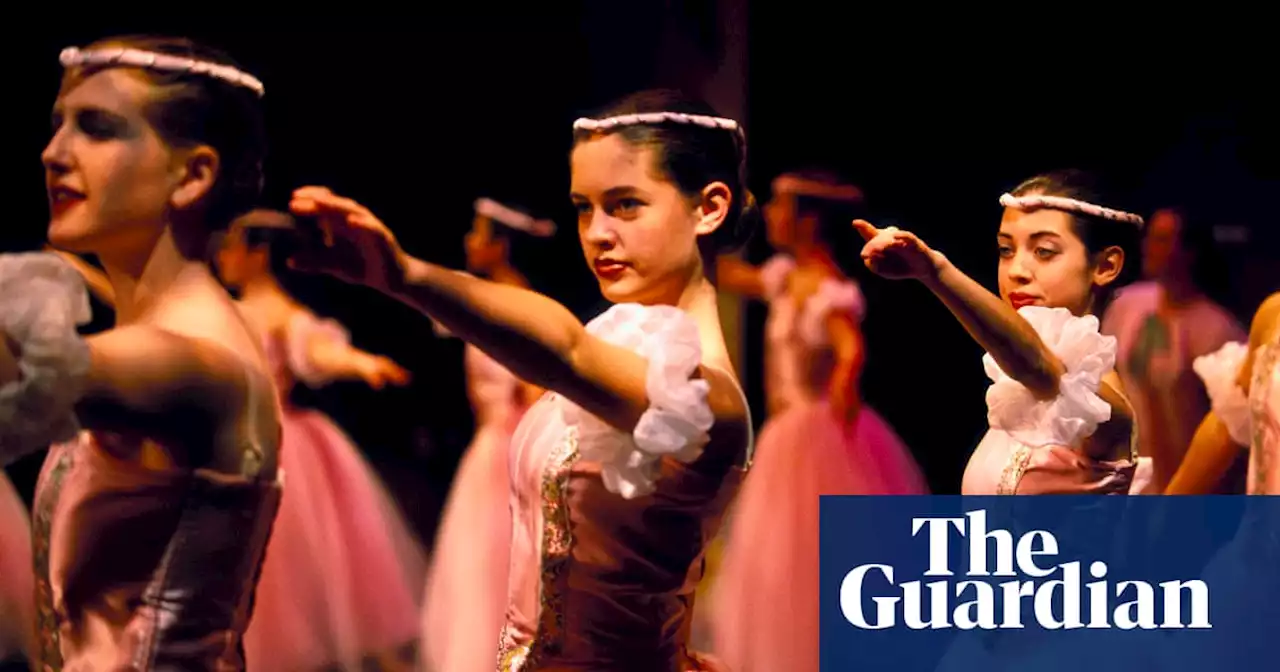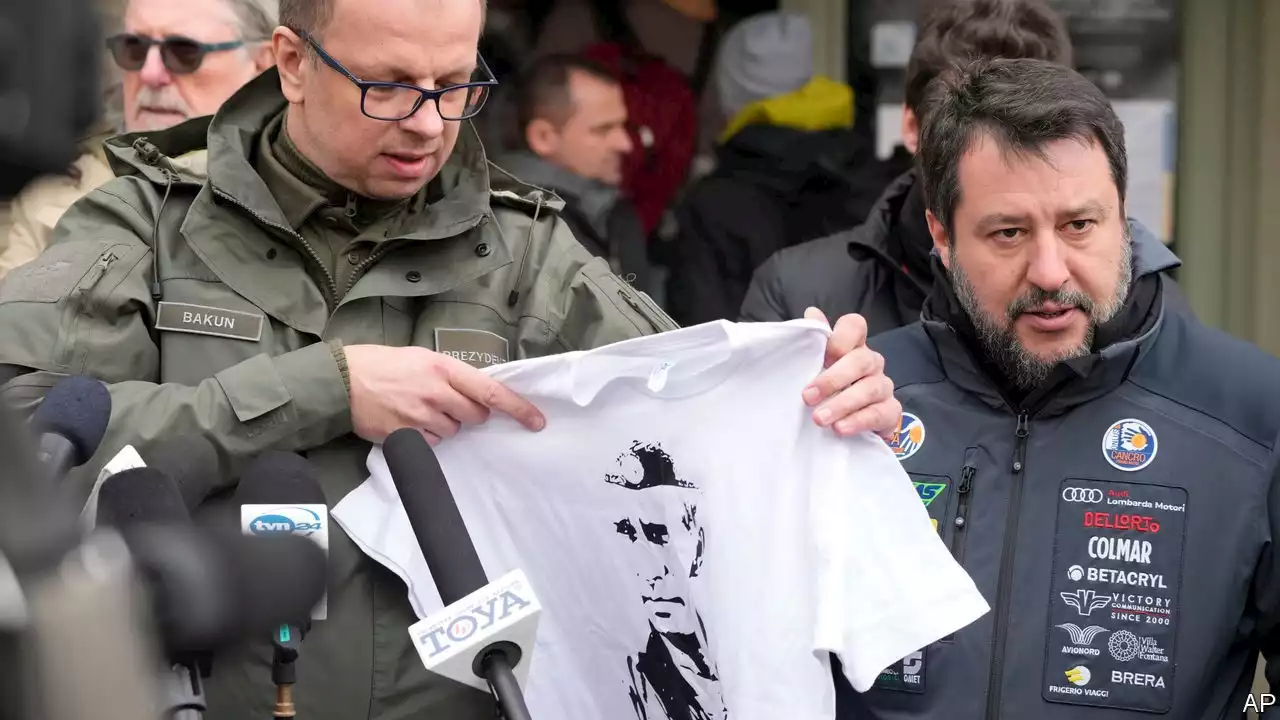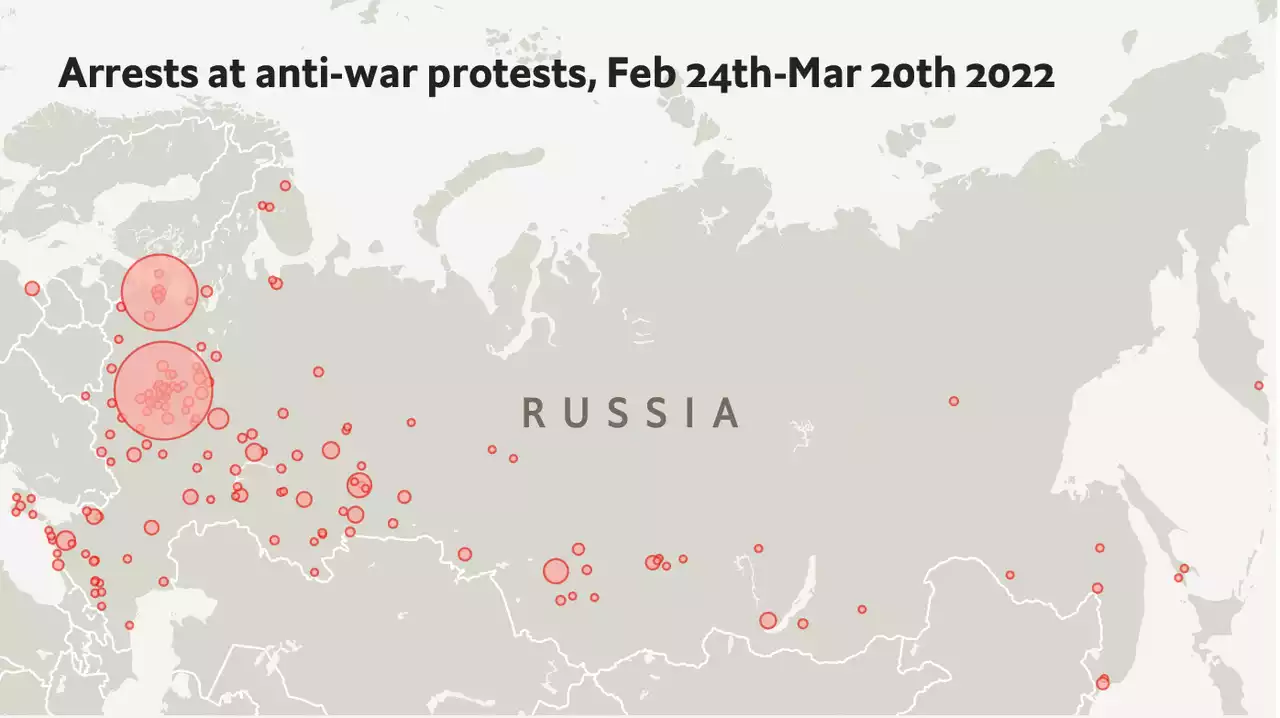In Lviv Wendell23 meets the people trying to preserve the city’s history, in case it is destroyed by Russian bombs
t the Andrey Sheptytsky National Museum in Lviv, people were filling sandbags, chipping at a pile of building sand with shovels. “It was cold overnight and the sand froze,” explained Roman Zilinko, 43, director of exhibitions at the museum. I followed him into the marble atrium with its vaulted ceiling and classical-style columns.
As a young man in Soviet-era Lviv, Lemko, now in his 70s, played guitar in a band and described himself as “dissident lite”. He remembers the first time he saw a public display of the blue and yellow Ukrainian flag, which the Communists suppressed. “It was in 1988, I was selling concert tickets on the street, and a girl was wearing it around her shoulders. My heart leapt out of my chest.”
The grand, double-height reading room has been empty for two years now, since the beginning of the pandemic. Craning my neck, I admired the painted frieze, with its symbolic representations of medicine, law, theology and philosophy, the four faculties of the university when it was founded in the 18th century.There are 3.
Since the war began, most of the valuable documents have been secured in metal boxes and stored “somewhere underground”, together with the added precaution of dehumidifying canisters and fire extinguishers. Kmet is determined to preserve Lviv’s culture and history. “For me a library is like an army,” he said. “A library can create an intellectual revolution. A library is more powerful than Putin’s aeroplanes.
Around the walls hung pencil drawings, copies of originals now in Rome, by Lev Getz, a Ukrainian artist of the first world war. Shells burst over a trench; a soldier writes a letter home; a refugee mother and child crouch with exhausted faces. A century later, war still looks the same.has reported on post-Soviet Georgia, the Iraq war and the Egyptian revolution. She is sending regular dispatches forfrom Ukraine.
Australia Latest News, Australia Headlines
Similar News:You can also read news stories similar to this one that we have collected from other news sources.
 Dumping vodka, banning Dostoevsky: some anti-Russian protests are empty gesturesFrom cracking down on cultural figures to renaming food, disgust with Putin risks shifting into xenophobia
Dumping vodka, banning Dostoevsky: some anti-Russian protests are empty gesturesFrom cracking down on cultural figures to renaming food, disgust with Putin risks shifting into xenophobia
Read more »
 The invasion of Ukraine is making life difficult for right-wing populistsFor some nationalist-populists, the war in Ukraine is merely a manageable headache
The invasion of Ukraine is making life difficult for right-wing populistsFor some nationalist-populists, the war in Ukraine is merely a manageable headache
Read more »
 Dumping vodka, banning Dostoevsky: some anti-Russian protests are empty gesturesFrom cracking down on cultural figures to renaming food, disgust with Putin risks shifting into xenophobia
Dumping vodka, banning Dostoevsky: some anti-Russian protests are empty gesturesFrom cracking down on cultural figures to renaming food, disgust with Putin risks shifting into xenophobia
Read more »
 More than 15,000 Russians have been arrested in anti-war protestsDespite Vladimir Putin’s crackdown, people continue to take to the streets
More than 15,000 Russians have been arrested in anti-war protestsDespite Vladimir Putin’s crackdown, people continue to take to the streets
Read more »
 Analysis: The PM could soon gain a powerful advantage when it comes to electionsThe Dissolution and Calling of Parliament Act 202 is a dry-sounding piece of legislation that would bring far-reaching consequences, writes Sean O’Grady
Analysis: The PM could soon gain a powerful advantage when it comes to electionsThe Dissolution and Calling of Parliament Act 202 is a dry-sounding piece of legislation that would bring far-reaching consequences, writes Sean O’Grady
Read more »
